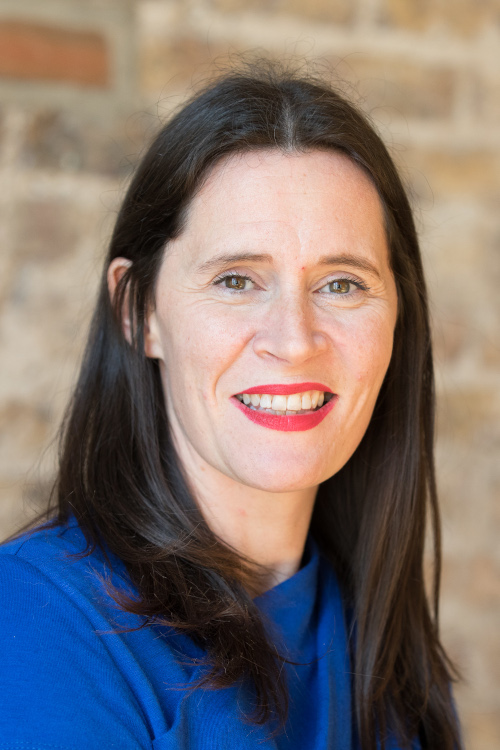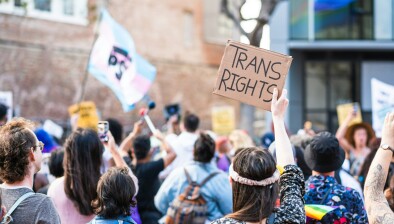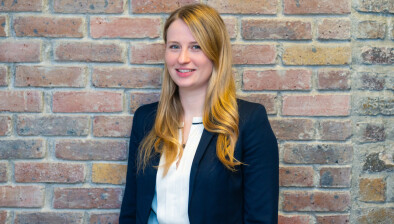Legal caseload grows for Irish Human Rights and Equality Commission

Sinéad Gibney
The Irish Human Rights and Equality Commission is providing legal representation in a growing number of cases coming before the courts and the Workplace Relations Commission (WRC), its latest annual report shows.
The rights watchdog began 2021 with 149 individual clients approved for both legal advice and representation, up from 53 at the start of 2020 and 46 at the start of 2019.
Over the course of the year, seven new applications for advice and representation were approved while work was completed on 42 individual client files where legal representation was provided.
Under section 40 of the Irish Human Rights and Equality Commission Act 2014, the Commission can, in certain circumstances, give legal assistance to a person who wishes to bring a matter relating to equality or human rights before the WRC or the courts. The assistance provided can be legal advice only or legal advice and representation.
In previous years, most of the Commission’s individuals clients have been approved for legal advice only, with a smaller number approved for advice and representation. In 2021, this was turned on its head with most clients approved for advice and representation.
The Commission’s annual report for 2021 — its seventh full year of work as Ireland’s national human rights and equality body — also shows an increase in public queries to its Your Rights information line, with 1,811 individual queries over the year compared to 1,732 in the previous year.
The top three public concerns related to the Equal Status Acts focused on discrimination on the grounds of disability (46 per cent), housing assistance (16 per cent) and race (13 per cent).
The top three public concerns under the Employment Equality Acts focused on discrimination in employment and job seeking on the grounds of disability (34 per cent), gender (25 per cent) and the race ground (14 per cent).
The top three public concerns in relation to human rights focused on health and bodily integrity (28 per cent), right to work and decent work (14 per cent), and asylum seekers/human trafficking/immigration/family reunification/right to remain/freedom of movement (14 per cent).
Chief commissioner Sinéad Gibney said: “We’ve continued to witness a steady stream of rights and equality issues, which threaten people’s individual dignity, open routes to discrimination, and stifle people’s potential.
“As we emerge from the pandemic, the problems it partially masked rise again. These include the well-established issues of homelessness and housing provision, of gender-based violence, structural issues of care, historic wrongs, the rights of persons with disabilities, and how those coming here to seek asylum and refuge are treated.”








